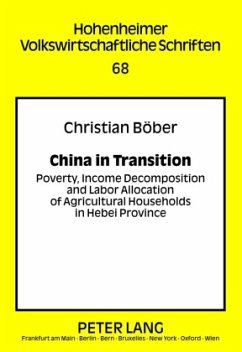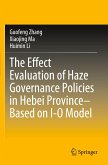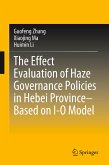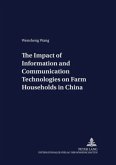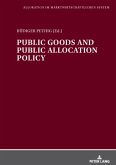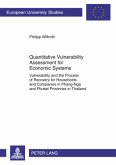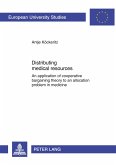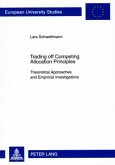In China, inequality in social welfare is of rising political concern. This case study analyzes the determinants of well-being of rural households in Hebei using a secondary panel data set (1986 to 2006). One key question is how well-being was affected by institutional changes in times of societal transition. Based on population grouping, the author analyzes poverty and income development. The study reveals impacts of new possibilities to provide labor outside the own farm on the allocation of households' labor time and the stability of full- and part-time farming over time. The assessments ground on agricultural household models, microeconomic concepts of labor allocation, and welfare theories. Different methodologies, e.g. inequality decomposition or hazard analysis, are applied.
Bitte wählen Sie Ihr Anliegen aus.
Rechnungen
Retourenschein anfordern
Bestellstatus
Storno

